Recently, the US Department of Commerce sent a notice to the Vietnamese Ministry of Agriculture and Environment about refusing to recognize the equivalent of 12 Vietnamese seafood exploitation occupations under the US Marine Mammal Protection Act (MMPA).
Accordingly, seafood species exploited from these fisheries will be banned from being imported into the US from January 1, 2026. Typical species include: grouper, lobster, mackerel caught by gillnets, purse seine; bigeye tuna, skipjack tuna, yellow tuna (mid-level gillnet, surface purse seine); swordfish, sailfish (mid-level gillnet, handline, pole-and-line). Deputy Director of the Department of Fisheries and Fisheries Control (Ministry of Agriculture and Environment) Le Tran Nguyen Hung said that the agency implementing the MMPA is the US National Oceanic and Atmospheric Administration (NOAA). The regulations in the MMPA aim to ensure that imported seafood does not come from fisheries that cause excessive harm to dolphins, whales and other marine mammals that the US considers to be in need of global conservation.
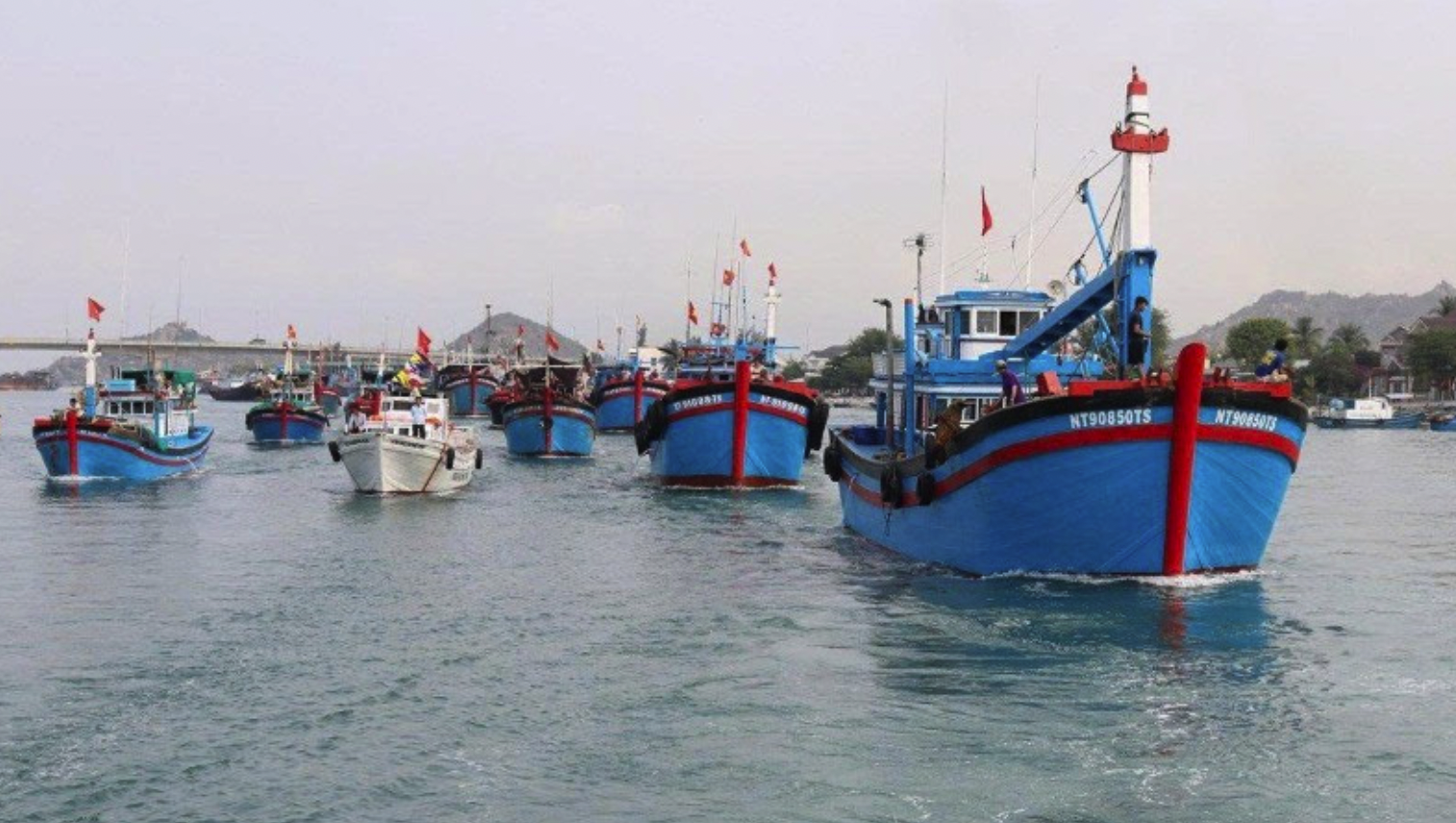 |
| Khanh Hoa fishermen's fishing fleet goes offshore to exploit seafood. (Photo: NGUYEN THANH) |
Vietnam is one of 34 countries recognized as “partially” equivalent, with 11 fishing occupations recognized as equivalent and 12 occupations not equivalent. The US’s assessment of Vietnam’s equivalence at the “partial” level, while 89 countries and territories are recognized as “fully equivalent,” will have a major impact on Vietnam’s seafood exports, especially in the key US market.
General Secretary of the Vietnam Association of Seafood Exporters and Producers (VASEP) Nguyen Hoai Nam said that this decision not only greatly affects Vietnam's seafood export turnover to the US (estimated to reduce 500 million USD/year), but also directly impacts the livelihoods of fishermen, the operations of processing and exporting enterprises, as well as the reputation of Vietnamese seafood in the international market.
Exporting enterprises are facing the risk of losing the US market because most of the seafood exported to this market is exploited from 12 fisheries that are not recognized as equivalent. Of which, tuna is the main export species and accounts for the largest proportion. Of the 1 billion USD total export value of Vietnamese tuna in 2024, nearly 400 million USD comes from the US market.
To overcome the strict technical barriers in the key US market and be recognized as “fully equivalent” by NOAA, the Vietnamese seafood industry is facing an urgent need to change its exploitation methods, improve its monitoring system and technical standards in accordance with the MMPA. The leaders of the Ministry of Agriculture and Environment said that the solutions that need to be implemented synchronously in the coming time are to convert and improve fishing gear, apply monitoring systems using positioning and AI cameras, and publish transparent exploitation data. Vietnam can soon issue separate regulations on the protection of marine mammals, include conservation criteria in the Fisheries Law, and tighten control of illegal, unreported and unregulated (IUU) fishing.
VASEP General Secretary Nguyen Hoai Nam also said that the Association has recommended to relevant ministries and agencies to consider hiring experts and consulting units from the US to support in solving technical issues to improve the possibility of being recognized as equivalent under MMPA. At the same time, an interdisciplinary working group has been established to comprehensively review fisheries records and develop a comprehensive response plan. VASEP also requested that businesses proactively demonstrate traceability, strive to achieve international certifications such as MSC (sustainable fishing), Dolphin Safe (dolphin safety) and prepare scenarios for production adjustment and market diversification.
In order to avoid serious disruptions in bilateral trade activities and protect fishermen's livelihoods, Minister of Industry and Trade Nguyen Hong Dien has just sent a letter to US Secretary of Commerce Howard Lutnick asking DOC and NOAA to reconsider their decision to refuse to recognize the equivalence of 12 Vietnamese fishing occupations. In the letter, Minister Nguyen Hong Dien emphasized that reconsidering the above decision is not only meaningful for Vietnamese businesses and fishermen, but also brings benefits to US importers, workers and consumers.
The Vietnam-US Comprehensive Strategic Partnership is built on the basis of trust and mutual benefit. Vietnam considers the US an important trade partner; at the same time, it commits to continue to cooperate closely to resolve outstanding issues in a constructive and forward-looking spirit. The Vietnamese seafood industry only has about 3 months to complete additional documents to send to the US before the decision to stop imports takes effect.
Removing 12 fishing occupations from the list of denied equivalence recognition is not only a technical challenge but also a strategic issue in terms of trade and reputation for the entire industry. Without serious preparation, Vietnamese seafood will lose a large market and the opportunity for sustainable development.
According to NDDT
Source: https://baoquangtri.vn/kinh-te/202510/yeu-cau-cap-bach-trong-nang-cao-quan-ly-nghe-ca-a751287/


![[Photo] Opening of the 13th Conference of the 13th Party Central Committee](https://vphoto.vietnam.vn/thumb/1200x675/vietnam/resource/IMAGE/2025/10/6/d4b269e6c4b64696af775925cb608560)

![[Photo] Prime Minister Pham Minh Chinh chairs the Government's online conference with localities](https://vphoto.vietnam.vn/thumb/1200x675/vietnam/resource/IMAGE/2025/10/5/264793cfb4404c63a701d235ff43e1bd)
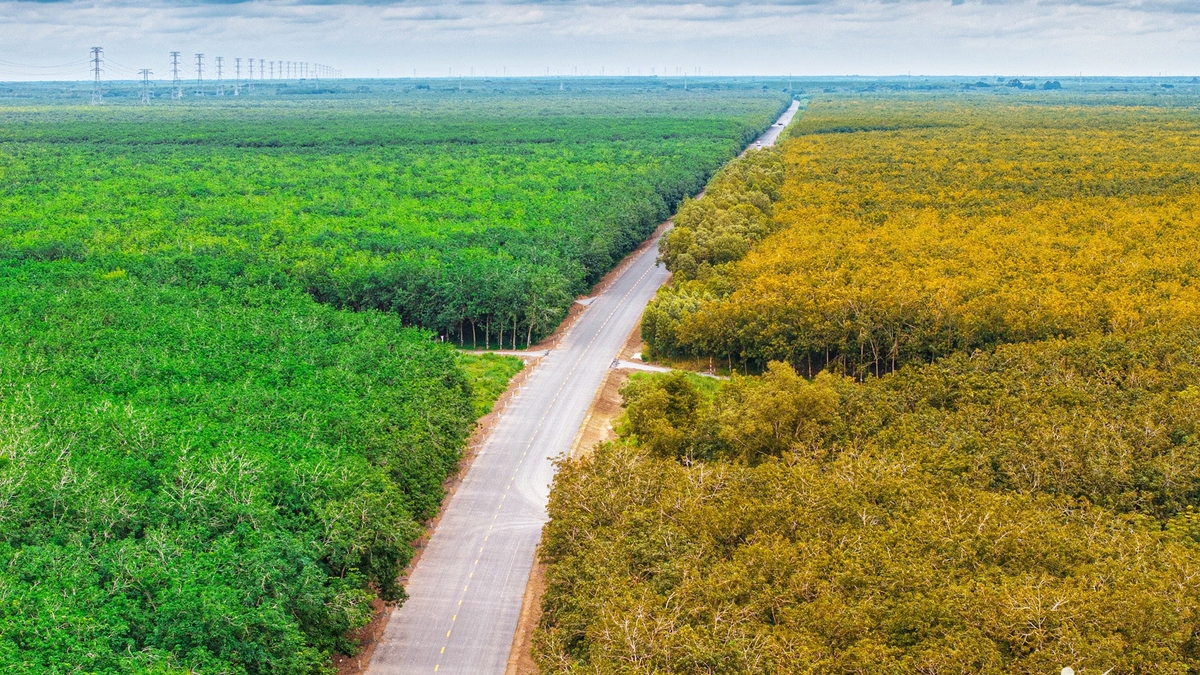






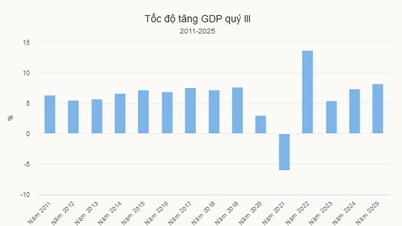


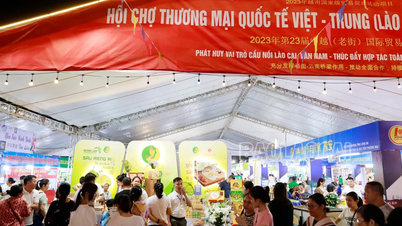







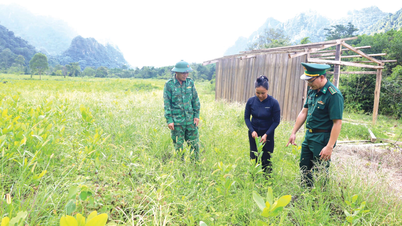
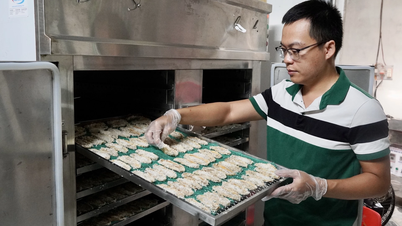
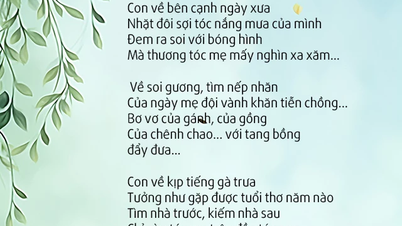


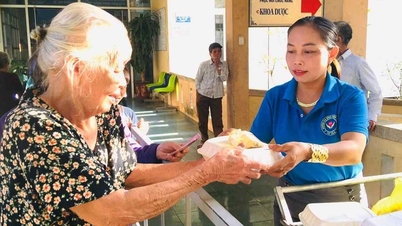
![[Photo] Prime Minister Pham Minh Chinh launched a peak emulation campaign to achieve achievements in celebration of the 14th National Party Congress](https://vphoto.vietnam.vn/thumb/1200x675/vietnam/resource/IMAGE/2025/10/5/8869ec5cdbc740f58fbf2ae73f065076)




























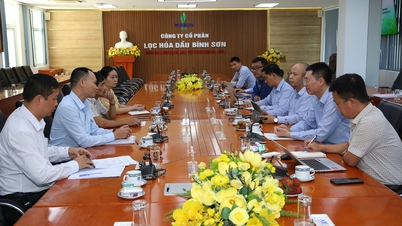









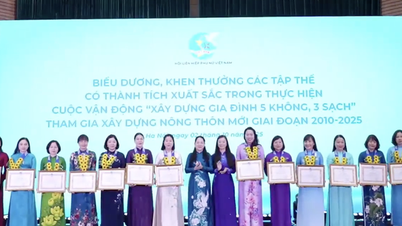


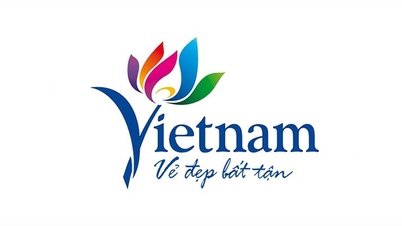









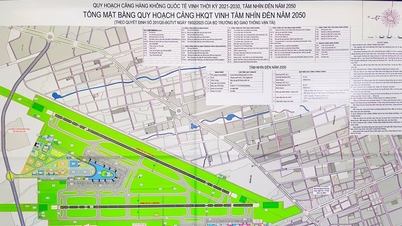


















Comment (0)